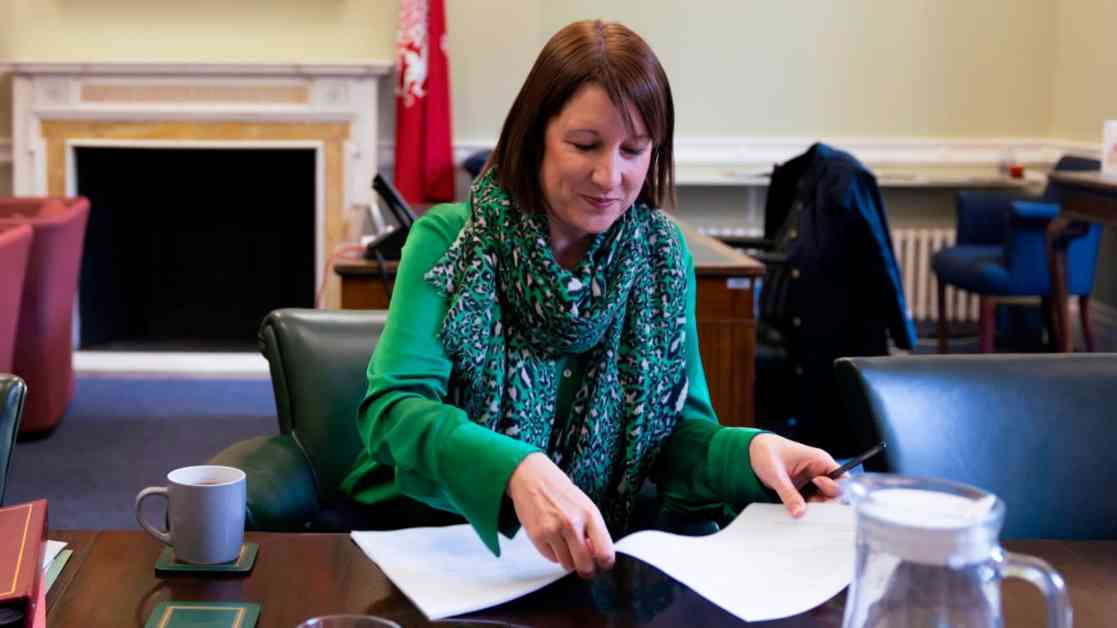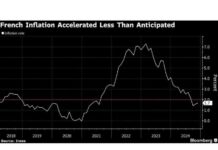UK borrowing costs have surged to their highest level since the last general election, as investors brace for the upcoming budget announcement by Chancellor Rachel Reeves. The yield on 10-year UK government bonds rose to 1.42%, the highest level since May 2019. This increase in borrowing costs comes amid concerns about rising inflation and the government’s plans to increase spending to support the economy.
Investors are closely watching Reeves’ budget announcement, which is expected to outline the government’s spending plans and tax policies. The Chancellor has promised to invest in public services and infrastructure to support economic growth, but there are concerns about the impact this could have on the country’s finances.
The surge in borrowing costs reflects investors’ concerns about the government’s ability to finance its spending plans and manage its debt. Higher borrowing costs could make it more expensive for the government to borrow money, leading to higher interest payments and potentially crowding out private investment.
In response to the increase in borrowing costs, the Bank of England has signaled that it may need to raise interest rates sooner than previously expected. This could further increase borrowing costs for the government and put additional pressure on the economy.
Despite these concerns, the UK economy has shown signs of resilience in recent months, with strong growth in the services sector and improving consumer confidence. However, the outlook remains uncertain, with the ongoing impact of the COVID-19 pandemic and global economic challenges.
Investors will be watching closely for any hints about the government’s fiscal plans in Reeves’ budget announcement. The Chancellor will need to strike a balance between supporting economic growth and managing the country’s finances responsibly to reassure investors and maintain market confidence.






















